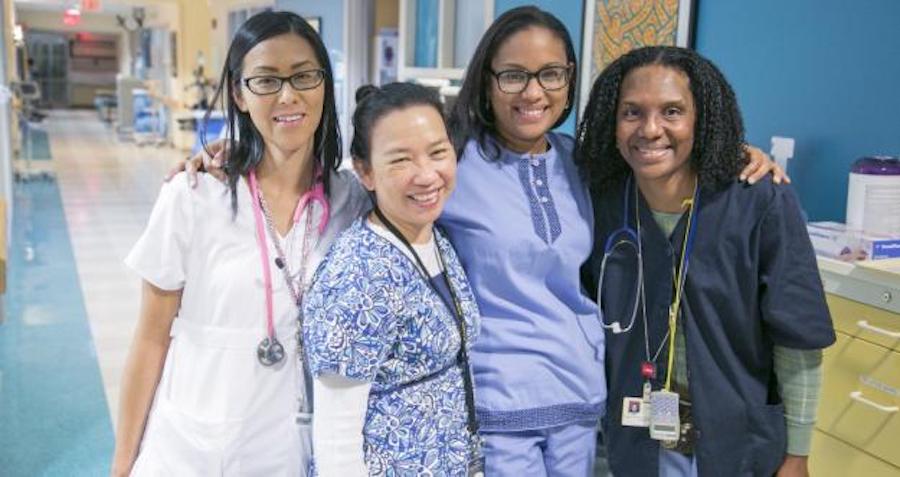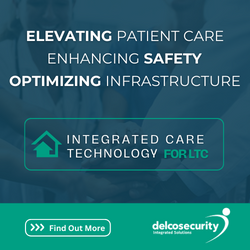By Michael Kary

With an aging population, as well as increasing levels of chronic conditions and dementia, there is a critical need for evidence based research that is relevant and timely to inform the decision-making processes of care providers, government, and other stakeholders. While there are a number of organizations in British Columbia and Canada that undertake high-quality research related to seniors and the continuing care sector, there is still a lack of coordination with respect to how research is often gathered, presented and disseminated to the broader public.
These challenges will be among the issues discussed as part of a plenary panel entitled “The 3Rs – Research, Recruitment and Retention: Exploring the role of post-secondary institutions in BC’s continuing care sector” to be held at the May 2017 BC Care Providers Association (BCCPA) 40th Annual Conference in Whistler, BC.
This panel, which will be moderated by Jennifer Lyle, Executive Director of SafeCare BC, will focus on how post-secondary research is improving the continuing care sector and how academia can play a role in shaping the future of seniors’ care. The panel will also discuss ways in which post-secondary institutions can work with the continuing care sector to meet the needs of aging population as well as provide practical evidence-based research.
The panel will also involve leading health care experts from several BC universities including Order of Canada recipient and Professor within the Faculty of Nursing from the University of Alberta, Dr. Carole Estabrooks. Dr. Estabrooks is the Principal investigator of Translating Research in Elder Care (TREC), based at the University of Alberta, which engages staff who care for seniors in residential care homes and also undertakes research to solve problems and share best practices to improve the care of the frail elderly in Canada. Along with engaging health-care aides in planning and decision-making to improve care, TREC identifies networks of long-term care centres that can implement innovations to save money, time and resources.
Along with TREC, the University of Alberta is also affiliated with an entity known as the Institute for Continuing Care Education and Research (ICCER) which is a collaborative network of post-secondary institutions and continuing care provider organizations. ICCER’s mission is to improve the continuing care system by encouraging research, translating knowledge into better practice, enhancing education, and informing policy. Along with developing training and education opportunities, ICCER has also facilitated the development of major research projects including one on Recreation Services and Quality of Life and another on Workforce Utilization to Inform Care Delivery in Care Homes.
 The BCCPA believes that it would be worthwhile for BC to consider the creation of a similar organization such as ICCER in this province that would consist of post-secondary institutions and continuing care organizations. Like ICCER, such an entity could encourage research, training and education as well as facilitate knowledge translation and undertake projects to inform policy and improve the overall sector.
The BCCPA believes that it would be worthwhile for BC to consider the creation of a similar organization such as ICCER in this province that would consist of post-secondary institutions and continuing care organizations. Like ICCER, such an entity could encourage research, training and education as well as facilitate knowledge translation and undertake projects to inform policy and improve the overall sector.
One particular area, for example, that an ICCER type organization could assist BC on includes meeting the goals and action items outlined in the Ministry of Health’s Action Plan to Strengthen Home and Community Care for Seniors announced in March of 2017. Work around this could include as outlined in the Action Plan developing strategies to improve quality care for seniors as well as increase staffing levels (i.e. 1,500 new FTEs) to reach a consistent average of 3.36 direct care hours (DCH) per resident day across both publicly https://bccare.ca/wp-content/uploads/2022/08/medcare-img22.jpgistered and contracted residential care homes.
The BCCPA hopes that further discussion on this can occur at the BCCPA Conference in May, where the feasibility of establishing an ICCER type model in BC will be debated, as well as how such an entity could support the Ministry’s Action Plan in areas such as improving the quality of seniors’ care and informing best practices and policies in the continuing care sector.
Join us on May 29th in Whistler British Columbia, to hear from our panel of leading health care researchers to learn more. For further information on this plenary including names and bios of the panelists click here.





